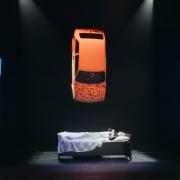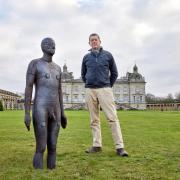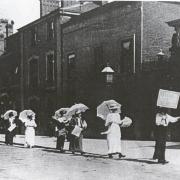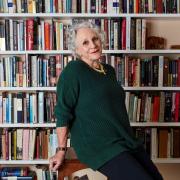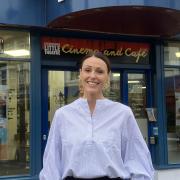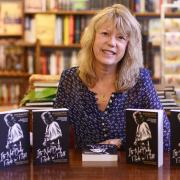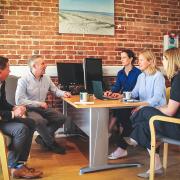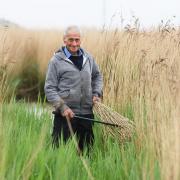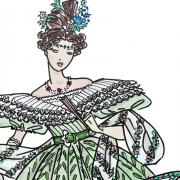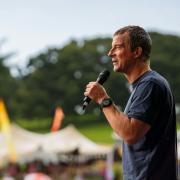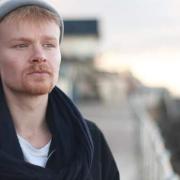Susie is changing her attitude to help her cope with the emotions churned up in the crisis
For those of us who err on the side of control freakery, the ‘new normal’ life that we have had to adjust to over the past few months is particularly challenging.
I like to sort things out, make things work, find solutions. I do not like surprises - nasty or nice; I like certainty. Give me a task or a problem, and I will move heaven and earth to deal with it.
But my skill base is not of much use in the Coronavirus crisis. I can’t solve anything. I can’t get any answers. I am in awe and admiration of the scientists, fired up and producing extraordinary levels of research into the disease, its effects and a possible vaccine.
I want to don a lab coat, and join them: “OK, let’s do this!”.
But, given that I haven’t been near a test tube since I was 16, that is clearly not going to help anybody. So, what to do?
First, I am trying to recalibrate my attitude to risk.
In the past I skydived, skied, white-water rafted and went on the scariest rollercoasters - now a far more cautious 50, my default position on any kind of danger is: don’t do it. I congratulate myself if I manage to go on the kids’ trampoline without being sick.
But actually we all took risks every day in our pre-Covid lives - like driving our cars. It’s just that we didn’t spend time thinking about them as they were just accepted as part of our routine.
In the same way, people living in other parts of the world have always had to live with the threat of serious illnesses or dangerous animals. It is their normal, so they just get on with it.
When I am feeling particularly worried about the current situation, I go for a walk in our village and try to get some perspective. I look at the big old trees, planted hundreds of years ago, and think about the lives of the people who were living then.
I stare at the medieval church and try to imagine the fortitude of those that built it.
Whether they’re old or new, challenges have always been part of human existence.
For some, who are more go-with-the-flow types of people (how I envy you!), adapting to the new way of life has been less troublesome. My husband is very practical and resourceful.
He just does what he needs to do, and spends little time worrying about it. But while worries - about health, jobs, children, elderly parents - are not all equal, neither is the act of worrying.
There is not a right or wrong way to respond.
The acclaimed Harvard psychologist Susan David is fascinating about this in her book and Ted Talk, Emotional Agility.
I recently attended a Zoom Q&A in which she was a guest speaker and her message was that we should get away from the rigid concept of positive and negative thoughts. Instead of trying to control or hide our emotions, we should just recognise them for what they are - data not directives.
They tell us information about ourselves at that moment but don’t define us.
So that is the second personal change I am trying to make.
I am no longer scolding myself for feeling anxious (‘I should be stronger!’) and am letting the emotion come and go... a bit like playing Pooh Sticks and watching the twigs float their way down
the stream.
When I was younger I wanted excitement, thrills, extraordinary experiences.
This crisis has made me think about what I really want now.
Other than the health and happiness of my loved ones, I realise that what I want more than anything is peace - in my heart and in my head.
And, wherever you are on the control freak scale, I wish that for you too. u




